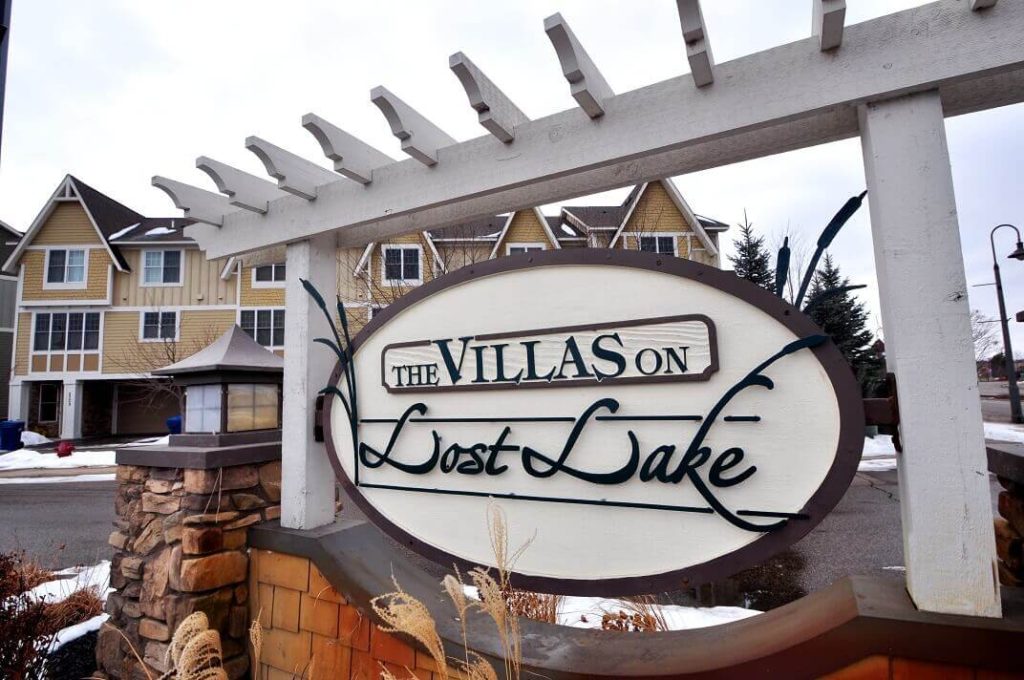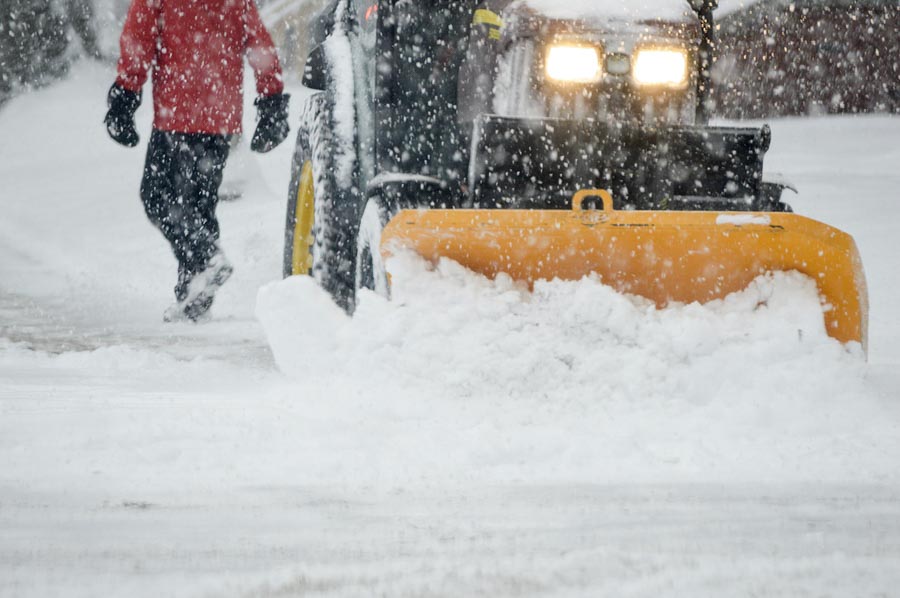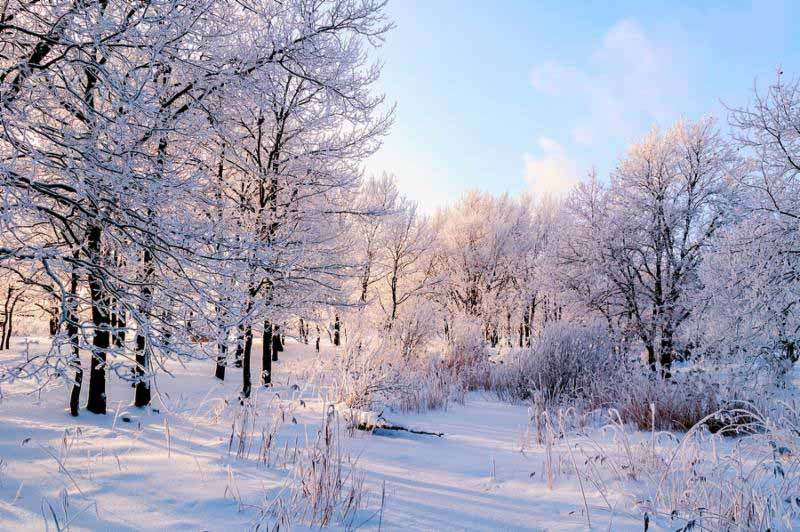Resale Disclosure Documents

A resale package is a packet of vital information provided to those purchasing a condominium or a home in an association. The package includes a complete set of recorded documents that govern your association. Typically, the documents included are: Annual Financials, Articles of Incorporation, Budget, Bylaws, CC&Rs, Insurance Declaration Page, Regular Meeting Minutes, Resale Certificate/Demand, Reserve Report, Rules and Regulations. If you’re in the process of selling your townhome or condo, you may find resale disclosure documents via the Sharper Management website. Visit us at sharpermanagement.com. Look for the Resale Disclosures link in the menu bar. Or, click here
The Villas on Lost Lake Joins the Sharper Management Family

Eden Prairie, MN – (February 26, 2018) – Sharper Management is pleased to welcome the Villas of Lost Lake Association, in Mound, to the Sharper Management family. Located just off Lake Minnetonka, this 27-unit Association is centered by three-story townhome buildings with a pool and the shoreline perimeter flanked by custom built two-level townhome style buildings overlooking the bay. The Association also utilizes a dock with direct access to the property and water. “The Villas on Lost Lake is a wonderful Association with equally beautiful homes,” states Dan Cunningham, Owner and President of Sharper Management. “The Board of Directors has done a wonderful job of self-managing in the past. As the Villas of Lost Lake continues to evolve and develop, Sharper Management is honored to be providing management services for them. We hope to further enhance the community’s governance and operation with our management services.” Founded in 2010 and known for their reliable and committed approach to services for condominium and townhome associations in Minnesota, Sharper Management specializes in providing exceptional property management solutions. Offering a full-suite of premier services to the Minneapolis-St. Paul seven-county area, Sharper Management continues to expand their service area and looks forward to building more relationships throughout the Twin Cities.
How Associations Work – Your Board of Directors and Sharper Management’s Role

We often get questions regarding the role of Sharper Management (and management companies in general) in running an HOA. If you live in an HOA community, but have not served of its Board of Directors, you may also have questions. We hope the following information helps clarify some of the most common questions we receive. Common interest communities (HOAs or CICs) are governed by an elected Board of Directors. This Board is comprised of owners in the community who has volunteered to serve. Board positions are not paid positions. Your Association, through the governing Board of Directors and the powers outlined in the Governing Documents, is responsible for many duties. To name just a few: Understanding, enforcing and amending the Governing Documents All financial management, including the collection of dues, setting operating and reserve budgets, establishing and maintaining a reserve fund for capital projects, paying contractors, and meeting statutory requirements for financial reporting Engaging in all necessary contracts required to service the community, such as grounds care and insurance Maintaining all common areas and amenities As you can see, that is asking a lot of your volunteer Board members. One of the options your Board has is to engage a professional property management company to facilitate some of these tasks. While the ultimate responsibilities always remain with the Board of Directors, the property management company acts as an advisory group to the Board, an administrative arm to carry out the decisions made by the Board, and it performs the day-to-day financial transactions of the Association. Some important distinctions to remember between the Board and a management company are; The management company carries out the directives decided upon by the Board Management is NOT a policy or decision making body Sharper Management’s goal is to be Your Minnesota Neighbor in HOA and common interest community management. Ultimately, our job is to work with the Board to help maintain property value and enhance your experience of living in a common interest community.
Winter Snow Removal Reminder

In case you missed our article last month about snow contracts, here are the highlights you need to know about most HOA snow removals. This has been a hot topic at our office the past few weeks because so many of our snowfalls this year have not reached “trigger depth”. Trigger Depth – Most contracts will state an accumulation total that must be met before snow service will commence. This can be anywhere from a trace up to multiple inches. For most, it is somewhere between 1 – 2 inches. This can be one of the biggest variables in the pricing of your snow contract. Accumulations – The definition of “trigger depth” is important. Does your contract state that service will happen when the trigger depth has been met for a single snow event/storm, or is it vague regarding at what point trigger depth is met? There is a significant difference between the definitions. For example, you could have a winter where less than 1 inch of snow accumulates per event, but there may be many events like this in a relatively short period of days thus creating heavily packed drives in your association. Most contracts are written “by event”. Timing – The second most important component of your contract is the time in which snow service must be completed. For most contracts, “final cleanup” is somewhere between 6 – 12 hours after the snow has stopped falling. This timeline is also subject to snow accumulation totals. The more snow received, the more time allowed for cleanup. Open-Ups – Most contracts provide for an open-up during snowfall events that exceed a particular total. For example, if 4 -6 inches of snow depth is met, but the event has not stopped, it is common for an open up to happen. Open-ups are simply done to allow vehicles to come in and out of the complex. They are not the same as a final clean up. Open-ups generally consist of a single pass through the roadways with the plow. One thing to define in your snow contract is whether open-ups include driveways, or just main roadways. Typical language states that an open-up will occur prior to __AM and/or after __PM.
Selling in 2018?

As the new year gets underway, you may be thinking of changes such as selling your townhome or condo. If this describes your situation, here are a few things you’ll want to consider. 1. You Need to Order Resale Documents Documents Selling your condo or townhome within a registered Association is not like selling a single family home that is not a part of an Association. The Minnesota State Statute that governs homeowner associations (Minnesota Common Interest Ownership Act – 515B), states that the unit owner must furnish to a purchaser, before execution of any purchase agreement, the following documents relating to the association: the complete set of Governing Documents including the Articles of Incorporation, Declarations, ByLaws and any Rules & Regulations, and a resale disclosure certificate. To helpful fulfill this requirement, your Association’s Governing Documents may be found via your Association’s website. To order the entire package and, more specifically, the resale disclosure certificate, you will need to order through Condo Certs. Click here to be directed to Condo Certs where you will be able to obtain this information. (insert this link – https://secure.condocerts.com/resale/) 2. Hire a Realtor with HOA Experience Hiring a Realtor with experience in HOA sales will be a benefit to you. HOA experienced Realtors understand the process of selling in an HOA and why things like resale documents are necessary. Their experience will help move the sale of your home along smoothly. 3. Home Inspections Just like selling a single-family home, your buyer may require a home inspection. Be prepared by going through a maintenance checklist before the inspection to ensure your sale doesn’t get sidelined. For most living in an HOA, your responsibilities in a home inspection include things like, properly functioning HVAC systems, plumbing, electrical function within your home etc. Unlike a single-family home, the condition of the structures foundation and roof would be pieces covered by your HOA.
Winter and Living in Minnesota

Minnesota winter is in full swing! Whether you love the snow and cold or not, it is part of life in the north. If you’ve recently moved into a townhome or condo, you might be getting a bit more cabin fever than in the past. Some ideas to help chase away the winter blues are noted below. Stay Active – The great thing about living in the Twin Cities is there are plenty of fun outdoor things to do in every season. Did you know Lebanon Hills Regional Park in Eagan has groomed trails for both cross country skiing and snowshoeing? The abundantly wooded park has a nice sledding hill too for enjoying the winter for those of all ages. Easily accessible, the park is located at 860 Cliff Road, Eagan, MN 55123, the parks hiking trails are a wonderful opportunity to take your pet out for some needed exercise. Helping your pet get exercise during the winter when living in a townhome complex can be challenging. It’s also important to remember to be sure and pick up after your pet even when it’s cold. The common areas of your association are used by all. Get Organized – Traditionally, townhomes and condos has less square footage than a single-family home. Less space can mean clutter piles up fast if now managed. One way to stay ahead of the clutter most of us experience is to stay organized. Some tips from a blog we did last year may be very helpful in your quest to de-clutter your space. Learn more in “Simply Your Space” https://sharpermanagement.com/2017/04/simplify-your-space/ Take a Vacation – If you plan to be away this winter, remember the following important items: * Always leave your heat ON. Set thermostat no lower than 55 degrees * Winterize your pipes (sinks, toilets, etc) by turning supply valves off and then draining any trapped water * Communicate with Management and your neighbors. Emergency contacts or instructions on how to get into your unit in case of an emergency is helpful. If you’d like Sharper Management’s maintenance team to help you with any of the above-mentioned items, contact Matt Froehlich. (952) 224-4777 or email matt@sharpermanagement.com.
